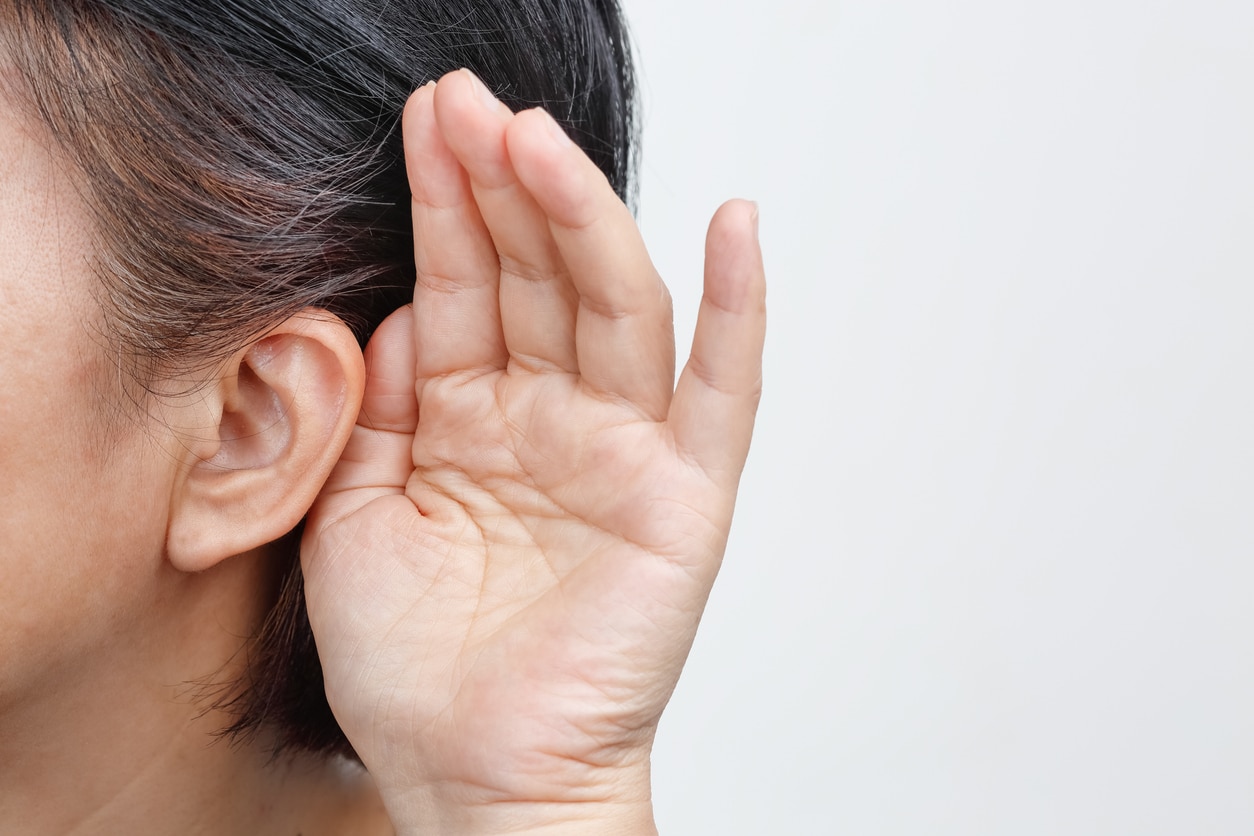Diplacusis, sometimes known as double hearing, is a condition where sounds are perceived differently in each ear, either as in pitch or timing. Diplacusis can affect anyone and is often linked to hearing loss. It can sometimes appear suddenly and make it frustrating to hear.
Diplacusis is more common than previously realized and can be detected by the degree of hearing in each ear. A person with normal hearing has a 1–2 degree difference in hearing between ears.
For residents where attending live music shows at the Elks Theatre is common, experiencing sound distortions can be particularly disruptive. Consider the following to understand how those with diplacusis are affected.
What Is Diplacusis?

Diplacusis occurs when the brain receives mismatched signals from each ear, making sounds seem out of sync or out of tune. The condition is generally categorized into three main types:
- Diplacusis echoica: Sounds reach one ear slightly later than the other, creating an echo effect.
- Diplacusis dysharmonica: The same sound is perceived at different pitches in each ear, making music and voices sound off-key.
- Diplacusis monauralis: A rarer type where a single ear hears a double sound.
Common Symptoms of Diplacusis
People experiencing diplacusis may notice:
- Voices and instruments sounding distorted or off-pitch
- An echo or delay in sounds arriving between ears
- Difficulty understanding speech in noisy environments
- A sense of imbalance or frustration when listening to music or conversations
Causes and Management Options
A variety of factors can contribute to this hearing distortion, including hearing loss, ear infections, ear trauma, blockages and neurological conditions. There are options for managing symptoms of diplacusis. Common approaches may include:
- Hearing aids: If hearing loss is a factor, properly fitted hearing aids can help rebalance sound perception.
- Medical treatment: Ear infections, blockages, or inflammation may require professional care to restore normal hearing.
- Sound therapy: Techniques such as auditory training or white noise masking can help the brain adjust to symptoms of diplacusis.
- Hearing protection: To prevent further hearing damage, avoid excessive noise and use earplugs in loud environments.
If you experience sudden or persistent changes in hearing, it’s important to see a hearing specialist. Early intervention can help prevent further hearing loss and help preserve long-term hearing health.
For those in Prescott struggling with diplacusis or hearing-related concerns, scheduling a hearing test with a qualified specialist is the first step toward restoring sound clarity and balance.
